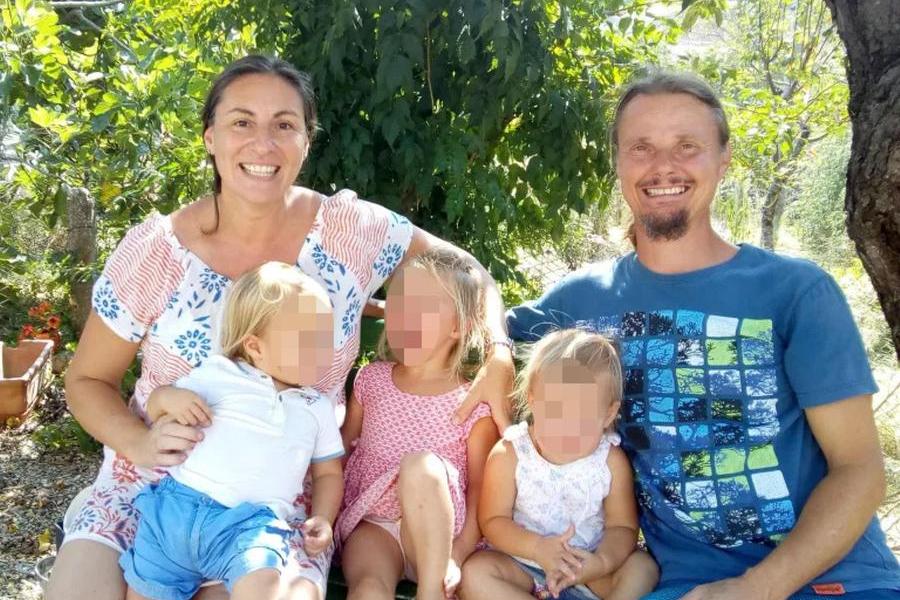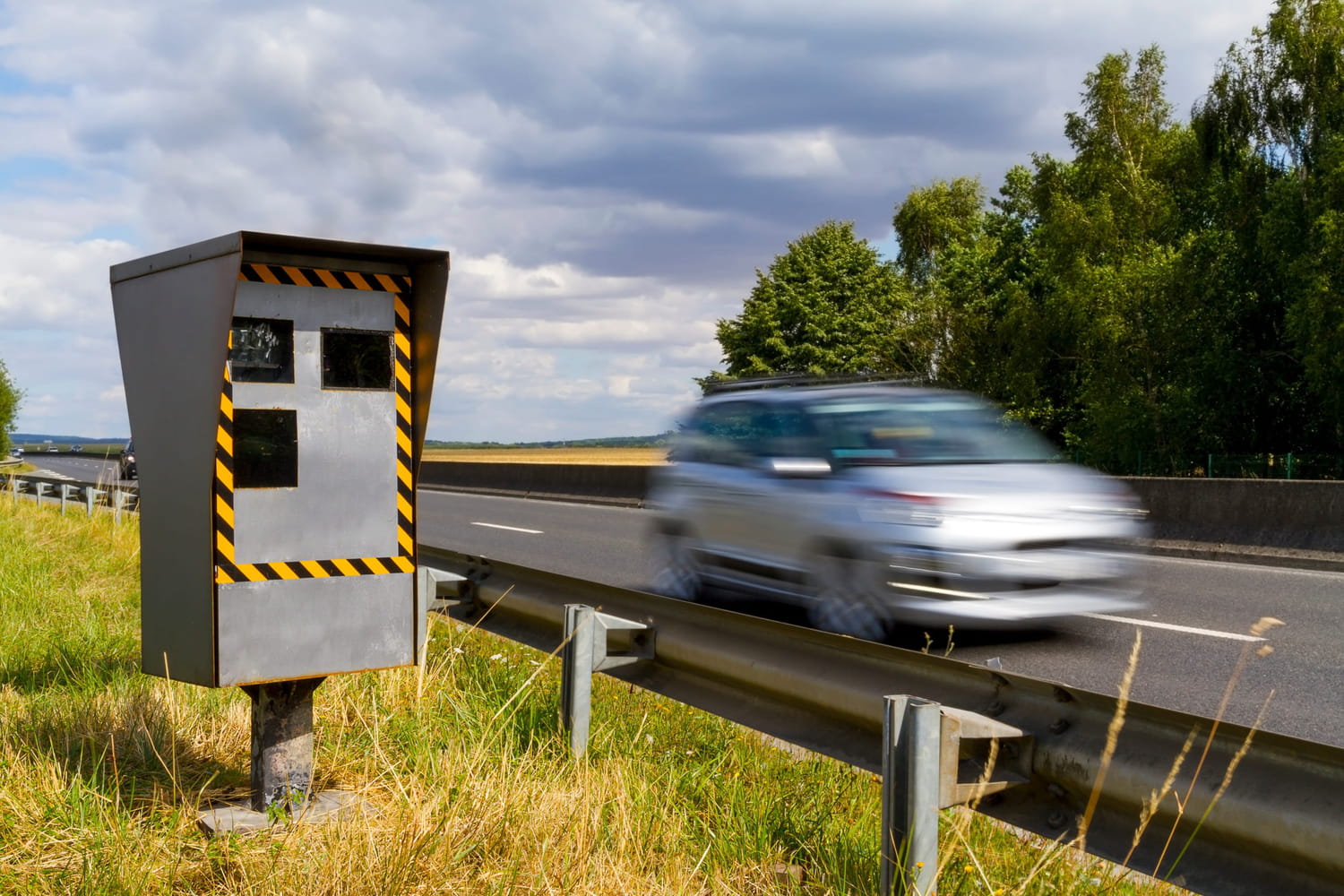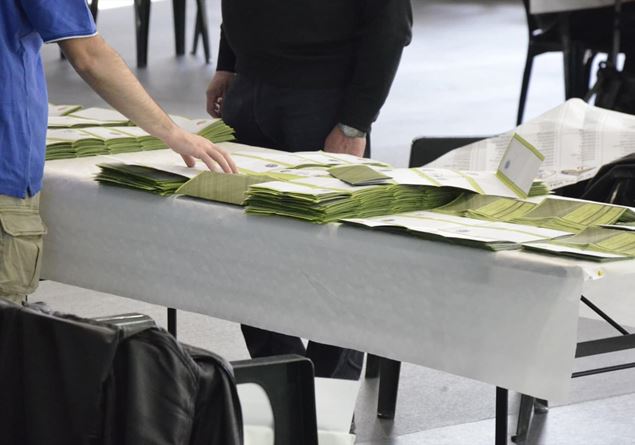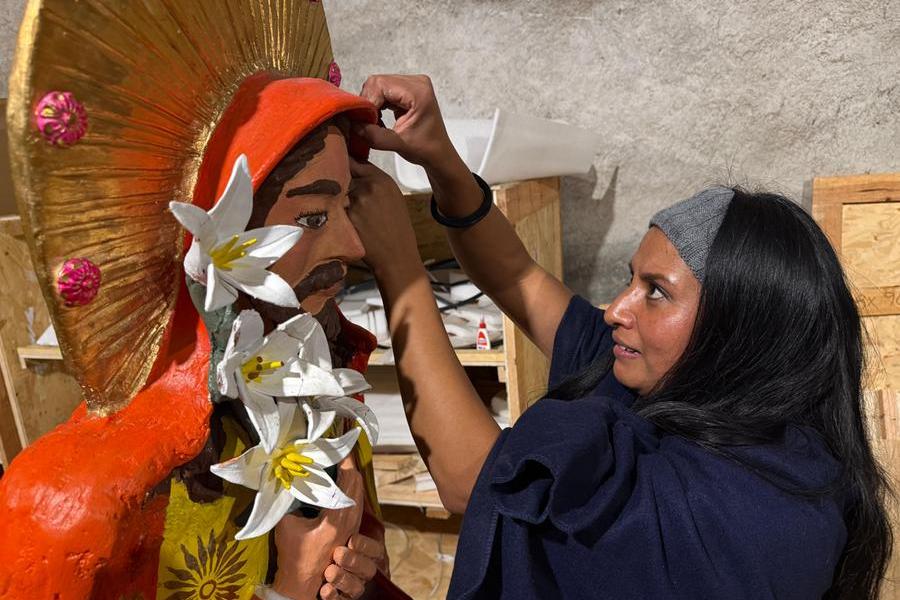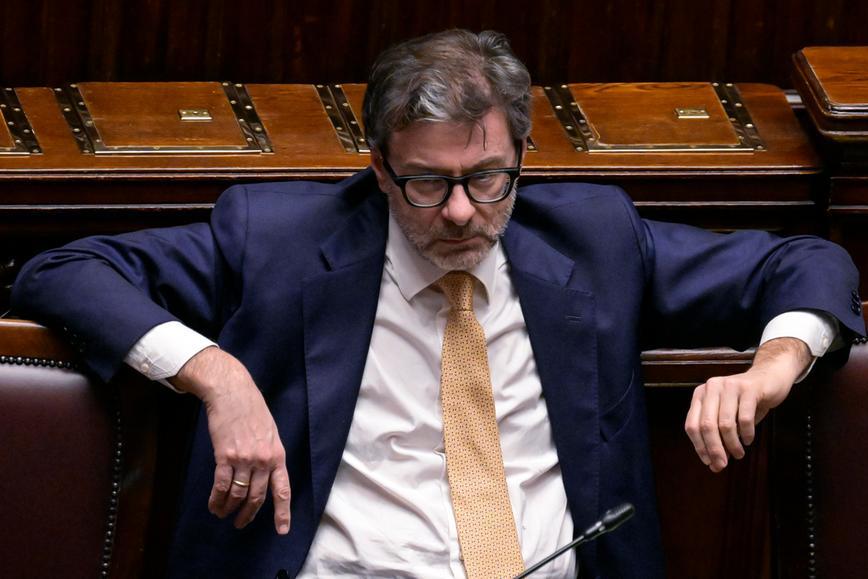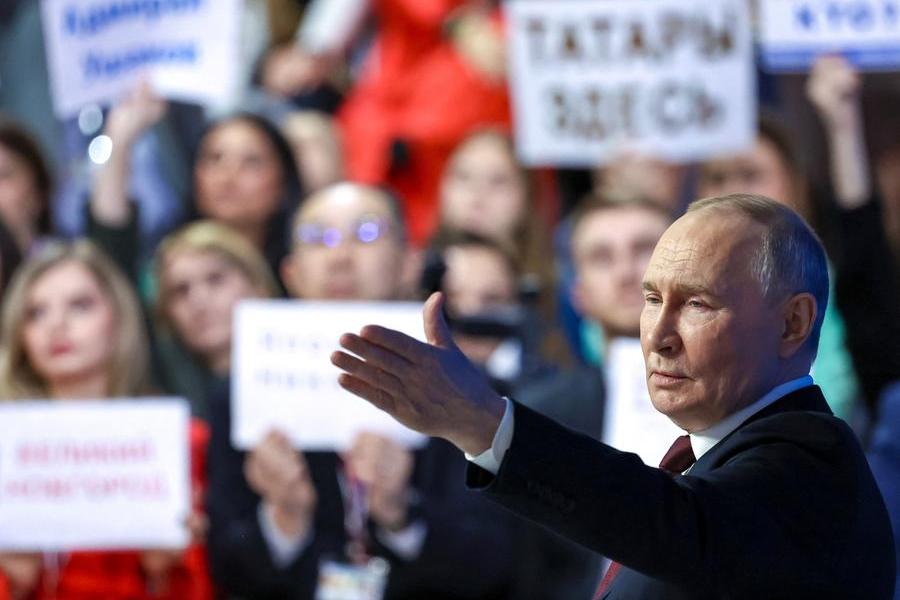by Antonella Giordano
The regional elections in Calabria will be held early, tomorrow 5 October and Monday 6, following the resignation of the outgoing president Roberto Occhiuto, investigated as part of an investigation that has turned on a new beacon on the management of public affairs in the region. A twist that caused strong political reactions, but that did not stop the race of the former governor: Occhiuto recovents himself, with the support of the center -right, determined to look for a second term despite the controversies. It was an intense election campaign, marked by political tensions, growing distrust among citizens in a Calabria that still awaits concrete answers on health, work, infrastructure and legality. The legislature just ended has moved between lights and shadows. And if on the one hand there were attempts to relaunch – in particular through the funds of the PNRR – on the other the reality on the territory still tells of lacking services, waste, delays and inefficiencies. The region remains among the latest in Italy for quality of life, employment rate and investments in innovation. There are three candidates for the presidency of the Calabria Region: Roberto Occhiuto (center -right coalition) which focuses on the continuity of the administrative action, the use of European funds and the strengthening of infrastructures; Pasquale Tridico (Largo field: or centrintor and M5S) which presents itself as an alternative to the center -right, with the aim of focusing on social policies, transparency and development and aims at rural areas; Finally Francesco Toscano founder of the Popular Sovereign Democracy Party, which proposes an “alternative” vision compared to traditional poles, with attention to the criticism of the dominant political system.
A complicated challenge: to emerge in a mainly bipolar clash, collect consensus beyond the useful electoral threshold. Calabria, in the last mandates, has experienced unstable governance. The use of European funds has often remained unfinished, health services show critical issues and the gap between coastal areas and internal areas has increased. In this context, the investigation on Occhiuto and his resignation anticipated an election campaign full of tensions, with crossed accusations on legality, management choices and public morality. Each candidate is supported by several territorial lists: Occhiuto competes with eight lists, a tridico with six, Tuscan with his national/regionalist list. There are many challenges and nodes at stake. The hot themes take on more concrete contours: Healthcare, all three promise reforms, but who will have credibility to intervene structurally in the weakest territories? Management of European funds and infrastructure: already debated in the past, it will be a test for anyone who wins. Work and young people – among the highest youth unemployment rate in Europe; The exodus of graduates and professionals continues. Infrastructure – Obzolete roads and railway networks, delays in the implementation of the projects foreseen by the PNRR. Environment and territory – Hydrogeological instability, waste, and lack of structured environmental protection policies. Legality – widespread presence of organized crime and needing a more transparent and autonomous administration. In short, tomorrow’s vote has never been so decisive: not only will he establish who will guide Calabria in the coming years, but will sanction as a model of the region – between continuity, renewal or breakage – will be chosen by the Calabrians. To weigh it is also a chronic political instability, aggravated over the years by investigations, sudden resignation and weak or commissioned regional governments. The resignation of Occhiuto, formalized in August 2025, accelerated the institutional crisis. Although he himself speaks of “due act” and claim what was done during his mandate, the investigation has rekindled the criticisms of the opacity of public management. One of the central nodes remains participation: in the latest regional consultations, less than half of the entitled people went to the polls. The risk of mass abstention is concrete, fueled by distrust and disillusionment. These elections really count because there is not only one presidency at stake, but the political, economic and civil future of Calabria. The Region has a single window of opportunities in front of it thanks to European funds, but vision, stability and a new institutional credibility are needed. It will not only be an electoral date, but a test bench to test the democratic maturity of Calabria and the will of its people to finally ask for a government at the height of the challenges.

